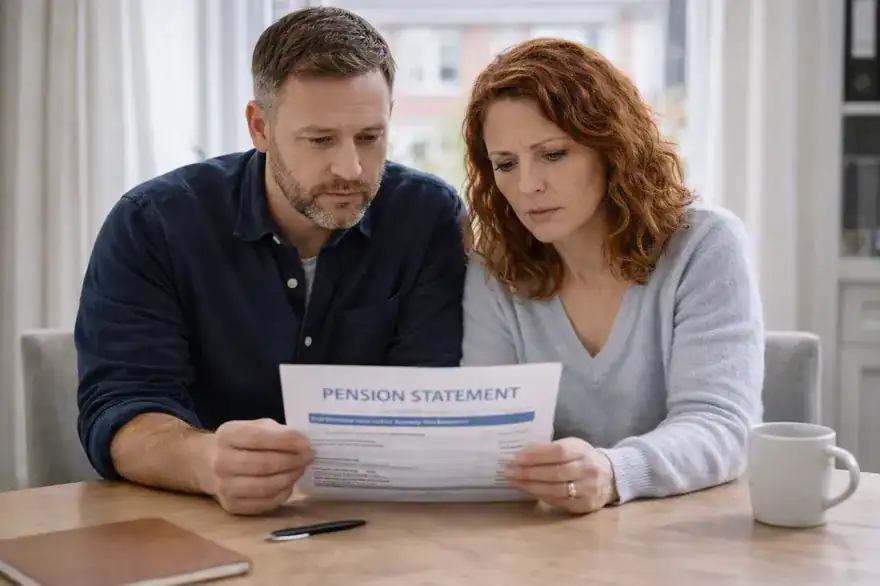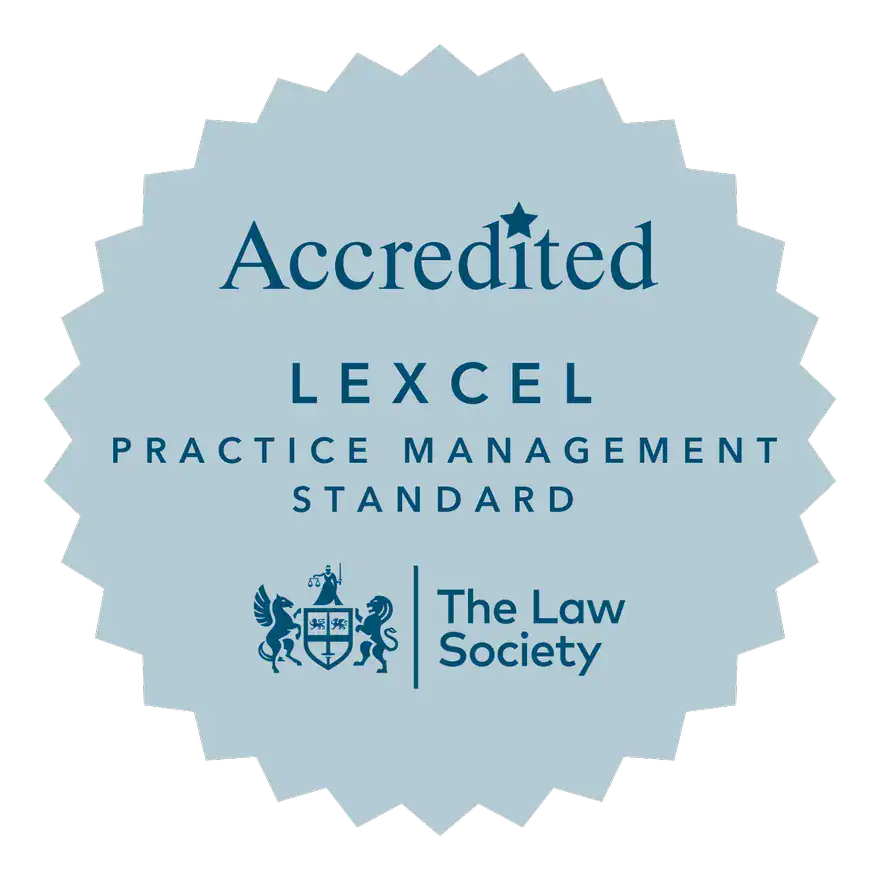Pensions on divorce need careful consideration whether you are nearing retirement or have some time to go before you plan to stop working.
We recommend that you seek expert legal settlement advice from specialist family law solicitors so you understand your pension options on divorce and how best to achieve a fair divorce financial settlement.
Request a callback
Pensions on divorce
We’re a specialist family law firm rated in the top 2% on Review Solicitors

Pensions can be shared in divorce financial settlement proceedings. There are two main options:
- The pension can be shared by making a pension sharing order.
- The value of the pension can be factored in so you receive a greater share of other assets, such as the equity in the family home. This is referred to as ‘offsetting’.
Valuing pensions on divorce
Whether you or your spouse has one or several pensions it is important to get them accurately valued so you can either offset their value against other assets or agree to a fair pension sharing order
Simply relying on the pension valuation provided by the pension administrator can result in unfairness so it’s wise to seek advice from a family solicitor
Sharing pensions
A pension can be shared in any percentage from 1% to 100%. You may think that if you get a 50% pension sharing order you will receive the same pension income on retirement as your husband or wife. That is not necessarily the case as some pension companies base pension retirement income on factors that may impact differently across age or gender. If you want to achieve pension income equality for both parties, a pension expert can look at the best way of achieving this.
Once the court has made a pension sharing order, it is sent to the pension administrator to implement. They have four months to do so. When the pension sharing order has been implemented the pension share becomes your pension and you can draw down on it under the scheme rules. The new pension containing the value of the share received from a settlement remains your asset whether or not you remarry or your financial or personal circumstances change.
Pension or other asset
Most couples try to reach a divorce financial settlement by agreement and then ask the court to approve their agreement by making a financial court order. When considering such an agreement you must consider whether you want to receive a pension share or another asset. Much is dependent on your circumstances.
What ever terms you agree, always consider whether they are fair and reasonable to both parties and whether they properly meet both parties’ financial neds, both now and in retirement.
Getting independent expert legal and financial advice on your options can be a good idea so you can weigh up your short-term and long-term needs. For example, if your priority is to keep your shares in the family business this may mean your spouse gets the equity in the family home and a pension sharing order.
This outcome may place a lot of reliance and faith in one asset class rather than spreading your risk. An alternate option may be to borrow against the value of the shares so you can keep your business as well as retain a percentage of the value of your pension fund.
Here to help
Pensions and spousal maintenance
If you are receiving spousal maintenance, you may have the option of applying to the court to capitalise the spousal maintenance. This means you could either ask the court to give you a lump sum payment or a pension sharing order instead of ongoing spousal maintenance.
Pension options
Pensions are complicated assets and when you are going through the stress of a divorce, it can be tempting to take the option you understand, such as keeping the family home. Our family solicitors can help you explore your pension options on divorce and help you achieve a fair divorce financial settlement. Most pensions cannot be valued the same way as property can on a pound for pound basis. Pensions which cannot be valued in this way include public service pensions such those held by the police, NHS staff, civil servants, those in the armed forces, teachers, or fire fighters. Expert pensions advice will be needed if these pensions feature in your case.
How can Fullers help?
We understand that finding a solicitor that you feel understands your own specific situation can be a daunting task. So you can book a free callback with us here.
We have also created a series of fixed-price consultation meetings with a full ‘no questions asked’ money-back guarantee promise.
Find a solicitor that understands your own situation

Our reviews







